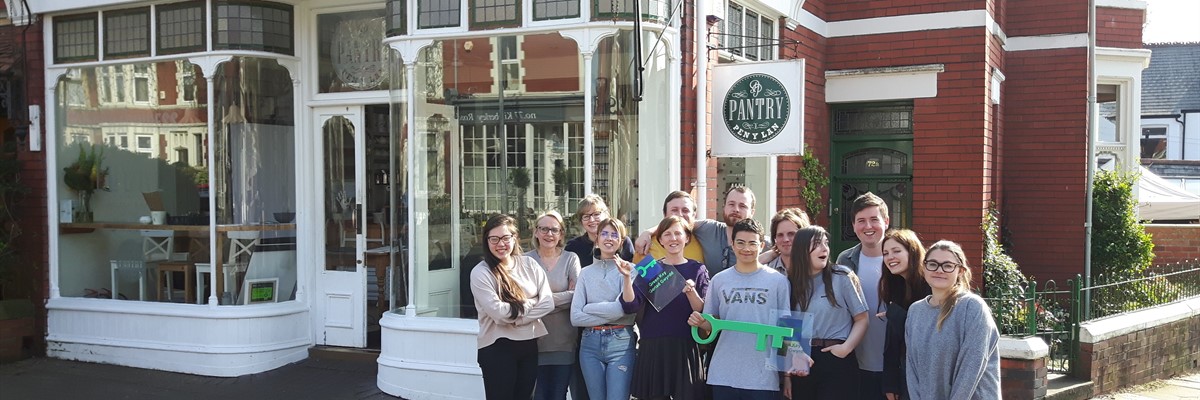The Michelin awarded restaurant Grič in Slovenia has been a Green Key certified establishment since 2021.
Grič is the Slovenian word for hill. ©Suzan Gabrijan
Located in the green village of Šentjošt, a few kilometres away from Ljubljana, the Grič restaurant has made it on the Slovenian gastronomy map since becoming a Michelin star awarded restaurant in September of 2021. Young chef Luka Košir’s cuisine has been praised in the last couple of years due to his choice of local and seasonal products, some of which are produced by Grič’s team at their own farm.
Sustainability has been part of the Slovenian chef’s motto even before joining the Michelin starlight sky. In August 2021, one month before being featured in the restaurant’s prestigious red-coloured guide, Grič received its first Green Key certification, solidifying its commitment towards a greener and more sustainable hospitality industry. To become a Green Key certified establishment, Grič’s practices were assessed against a rigorous set of standards, requiring restaurants to increase the share of organic, eco or fair-trade labelled products yearly, for example. On the restaurant’s sustainable actions, Luka Košir said to the Michelin Guide: “We are 80% self-supporting with vegetables, 50% with fruits, and we also grow mushrooms. Foraging is an everyday task even in wintertime and is a big part of the restaurant's identity. We have a zero-waste policy when it comes to garden produce; we use the hard parts of the vegetables for compost and some vegetables and fruits as an extra treat for our animals. We have the first certified ecological duck farm”.
Slovenian Luka Košir is the current chef of the restaurant. ©Suzan Gabrijan
Grič has its own duck farm. ©Suzan Gabrijan
More recently, Grič’s sustainable efforts have also caught the attention of CNN, which featured the Green Key certified restaurant on their website. In the article, journalist Megan Alldrige describes the chef’s work as “blazing a trail for a more sustainable restaurant industry”. Moreover, the CNN story highlights how the surrounding forests and hills of Slovenia inspire the process of creating a dish, from the gardens to Grič’s table.
Read more about this Green Key’s certified restaurant here.






